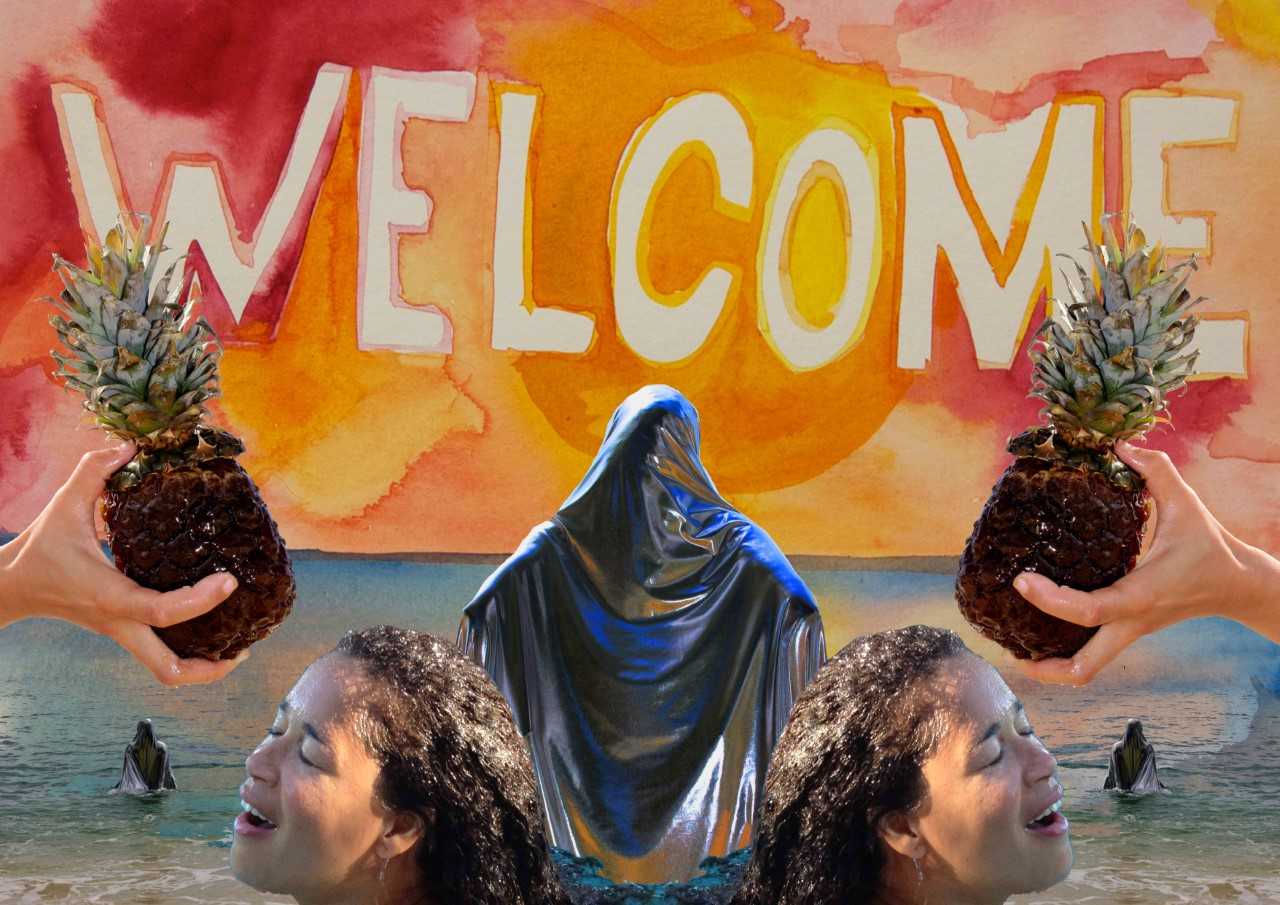2020-2021 COOP study group ~ Reframing Climate Colonialism: Pleasuring the Radical Imagination
Tutor team:
CJC Working Group for Casco Art Institute: Working for the Commons
HTDTWT & COOP:
Amit S.Rai will be guesting 2 days during April 16, 17, 18, & 19; Thursday 3 June (in flesh covid permitted).
Protocol COOP Hosting & HTDTWT Guesting.
Other guests:
Teresa Borasino (DAI 2005)
Zoe Scoglio (DAI 2019)
Partner:
Casco Art Institute: Working for the Commons
Student participants:
Mia van den Bos, Dakota Guo, Csilla Klenyanszki, Elvis Krstulović, Emmeli Person, Liza Rinkema Rapuš, Alexandra Martens Serrano, Raul Silva, Marika Vandekraats.
Student led reflection:
Introduction to the program:
Reframing Climate Colonialism: Pleasuring the Radical Imagination pleasurably and critically interrogates how the 2020-21 COOP study group itself can be a site to apply and practice the Climate Justice Code (CJC). To do so, it asks: What is climate colonialism and how does it apply in a range of geo-political spaces? How might we map our own situated artistic practices (and selves) within ongoing processes of climate colonialism? How can we pressure, lobby and transform the current cultural landscape to acknowledge climate colonialism and respond in climate-just ways? How can we take this work on in modes that engage pleasure activism, wellbeing and sustainability, both of the CJC’s human counterparts and our alter-human kin? And what does the radical imagination have to do with it?
The Climate Justice Code was initiated by Casco Art Institute for their second annual public assembly in October 2019. Co-drafted by an editorial committee, it was workshopped by 100+ participants at the assembly over two days of intensive gathering. The code’s draft was guided by the question: What ‘practical’ measures will artists and art institutions take to care for our planetary commons with the power of imagination? The care of the code was then taken up by an independent working group – a temporary collective – of artists, activists and facilitators who have developed, reconfigured and drastically rewritten the code. Our next step is to workshop and develop the code with a range of strategically chosen arts institutions, negotiating together how best to implement and activate it. Following the experience and expertise of the CJC’s BIPOC participants, the code has evolved to centre the climate crisis’ inextricable connection to colonialism: its core principles are reparations, repatriation and repair, as well as care, commons, community, and art and the radical imagination.
The CJC was created to critically transform arts institutions and support arts practitioners in the Netherlands, Western Europe and beyond. It works as a tool through which we might understand residual and ongoing colonial extractions and repercussions, with a particular focus on the environments with which we (co-)exist and their foundational structures. Drawing on the collective intelligence of the study group participants, the group will begin its work by looking at how to hold together, identify and advocate for different spatio-temporal experiences – as interconnected by European institutions. We will invite you to interrogate and bring into the group your understandings of the colonial relationship between the country/ies that shape you and Western Europe, asking:
What was or is the artistic element of that relationship - for instance are there sacred/indigenous/stolen “objects” still housed in arts institutions in your country, or of your country?
Who funds and sustains these arts institutions?
How can articulating these connections - as ‘individuals’ and a collective within the system - in turn advocate for and create actual change?
This study group will engage in and experiment with the implementation of the Code as an evolving actor within COOP. The course structure covers a range of concepts from across visual arts, performance, film, environmental justice, ecological policy, curatorial theory, art writing and more including: EcoPoet(h)ics, climate justice, climate colonialism, decolonial visual cultures, pleasure activism, the anthropocene, speculative fiction/fabulation, cyber-punk, sentience/animacy, BIPOC futurism, multispecies justice and material kinship. Together we will engage with these resources and guides through screenings, outings, talks, workshops, lectures, provocations, invitations and more.

